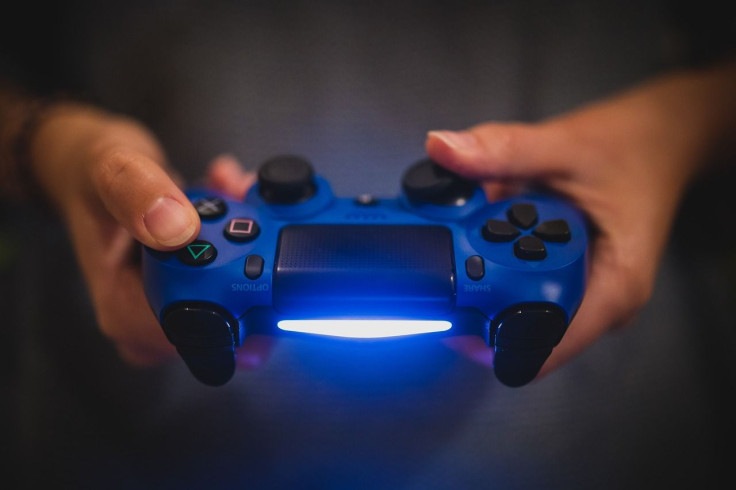The Big Challenges of Indie Game Development and How We Can Overcome Them

Indie games are becoming more and more popular with each passing year. Between the years 2016 and 2017, the number of indie games available on Steam almost doubled.
Some of these games have seen unprecedented success. Stardew Valley, the Harvest Moon-like farming simulator, sold a whopping 3.5 million copies and has an astounding 700,000 monthly players.
Meanwhile, Studio MDHR’s Cuphead sold over 2 million copies and became one of the most talked about games of 2017.
However, such success is definitely not the norm. There are thousands of indie titles that have barely managed to break even, and even made a loss.

The Biggest Challenges Faced By Indie Game Developers
Undoubtedly, there are many challenges faced by indie game developers. Each developer and each game is likely to come with its own unique set of trials and tribulations.
But there are some major obstacles that pose a bigger threat than others.
One of these issues is that the indie game is too niche.
On one hand, this can work in favor of the game once there is an active audience and a developed community.
However, initially, it can be difficult for the developers to find their audience, as there are often few references of similar games to compare it to, and it is, therefore, difficult to express exactly what the game is about—and, perhaps even more importantly, to gauge whether or not there is actually any real interest in the game.
The second major issue is that of marketing.
Many developers put all of their time, attention, and focus on the game itself. On one hand, this is exactly what they should be doing. After all, this is what they’re best at, and if the finished product isn’t up to scratch, no one will want to play the game anyway—regardless of how good the marketing behind it is.
On the other hand, if the team doesn’t manage to market their game successfully, then they’re missing out on a significant proportion of their potential audience.
Many developers don’t have the funds to hire a marketing team, which results in them trying to do the marketing themselves. However, this is often ineffective, as more often than not they don’t have the experience to do it, and the game ends up falling short of its potential.
Finally, perhaps the most obvious - and maybe even the most important - issue is that it can often be difficult to get the funding required to develop the game.
There are several different avenues that indie developers can choose to take to gain funding, including crowdfunding, bank loans, equity division, salary cuts, family investments, and publisher negotiation.
However, this often takes a lot of guesswork and often results in a lot of crunches, cuts, and sacrifices to make it work.
Could Blockchain Technology Provide a Way To Solve These Issues?
The rise of blockchain technology and decentralization has opened up a whole new world of additional marketing opportunities.
Game Protocol is a blockchain platform that allows game fans to fund developers and benefit from their success.
The platform operates as a decentralized ecosystem that makes crowdfunding easier, faster, and more accessible for indie game developers.
In addition, it allows them to connect directly with their audience and receive direct feedback that will allow them to create better, more innovative games.
Meanwhile, gamers can enjoy a platform that allows them to make instant purchases from a wide marketplace using cryptocurrencies, whilst paying no commissions.
However, the best feature is that they will have the opportunity to connect directly with the developers of their favorite games to discuss issues and offer feedback—a feature set to improve the gaming experience for all involved.
A New Era of Gaming?
As trends evolve and technology continues to improve, there’s no doubt that we’ll see some rapid changes in the gaming industry over the next few years.
A while ago, everyone was talking about Virtual Reality (VR). Now blockchain’s set to be the next big thing.
Decentralization offers a number of advantages over the traditional centralized model—for both gamers and developers alike.
If the Game Protocol pre-sale takes off, it’s very likely the platform could be set to pioneer a brand new era of indie gaming.





















